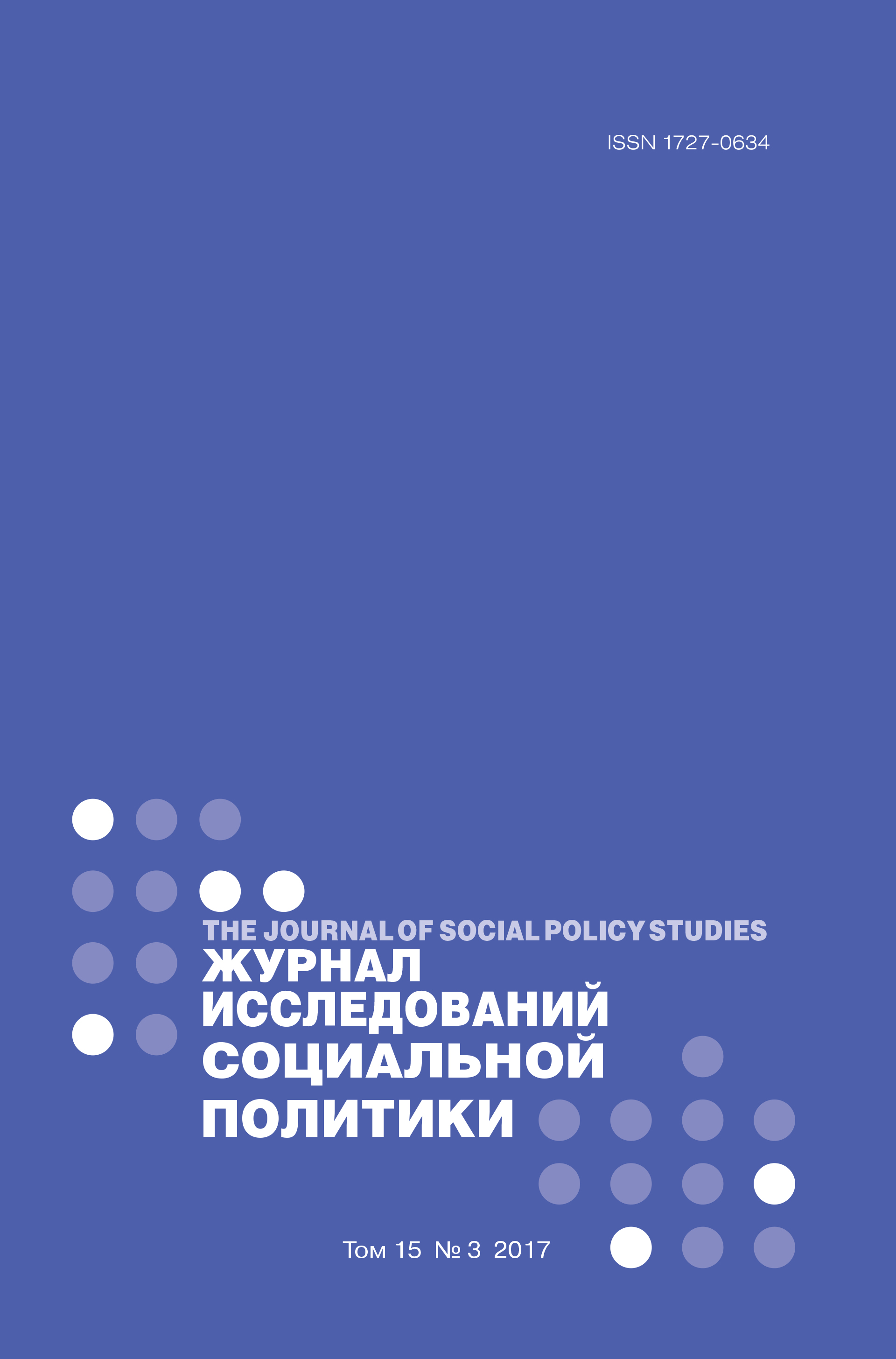Children out of Parental Care in Russia: What We Can Learn from the Statistics
Abstract
Svetlana Biryukova – Kandidat nauk (PhD) in Economics, Leading Researcher, Centre for Comprehensive Social Policy Studies at ISP NRU HSE, Moscow, Russia. Email: sbiryukova@hse.ru
Oxana Sinyavskaya – Kandidat nauk (PhD) in Economics, Director of Centre for Comprehensive Social Policy Studies at ISP NRU HSE, Moscow, Russia. Email: osinyavskaya@hse.ru
The paper presents a detailed analysis of the Russian official statistics for orphans and children placed out of parental care. Employing a wide range of data sources, the authors show that in Russia, the primary risk of orphanhood remains high. Although it has declined over the last fifteen years, in 2015, the share of children taken out of parental care exceeded two percent of the total number of children under eighteen. At the same time, statistical data confirms the ongoing deinstitualisation of the Russian care system, a trend that has continued since the mid‑2000s. Thus, 11.5 % of children out of parental care were institutionalised in 2014, whereas in 2000 this share amounted to as much as 27 %. However, the authors argue that the current childcare system reproduces a number of serious systemic problems. Firstly, despite the fact that over 80 % of children entering the Russian care system per year have living parents, reuniting the children with the birth family is not yet recognised as a primary objective of the policy; according to the official statistics, only one out of ten children goes back home after being taken out of parental care. Secondly, for particular groups of children it is often hard to arrange family placements. Until now, the higher risks of long-term institutionalisation are noticeable in children placed out of parental care at the age of three years or older. This problem is particularly serious for teenagers, as well as for children with physical or mental disabilities. Thirdly, the prevalence and dynamics in children returning to institutions from foster placements highlight the importance of professional training for foster parents and the need for consistent guidance for foster families, aspects that are still underdeveloped in Russia. In the last section of the paper, authors discuss one possible outcome of this analysis with reference to policies aimed at children left out of parental care.















